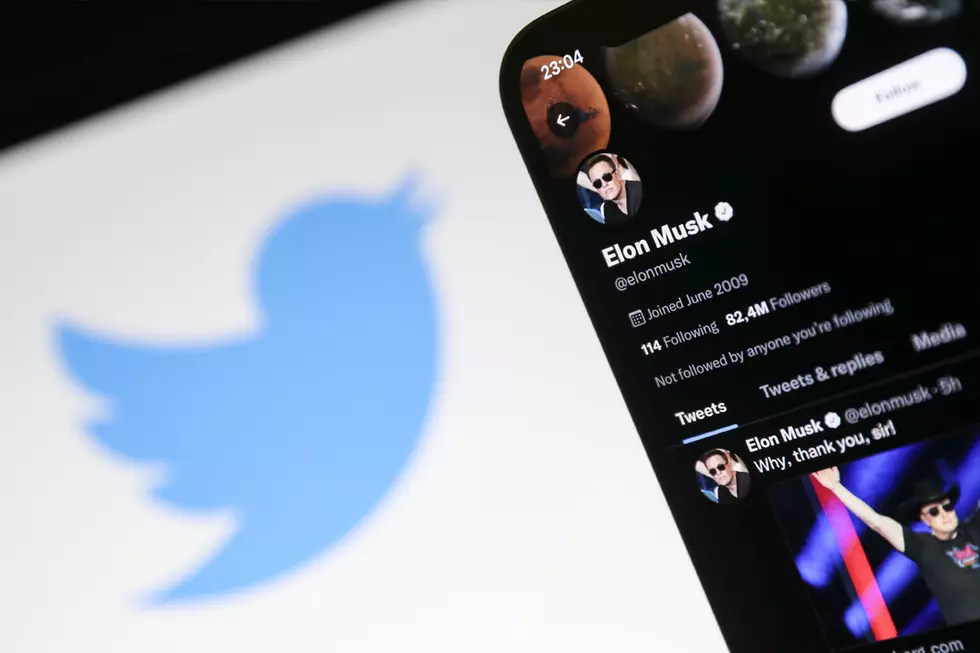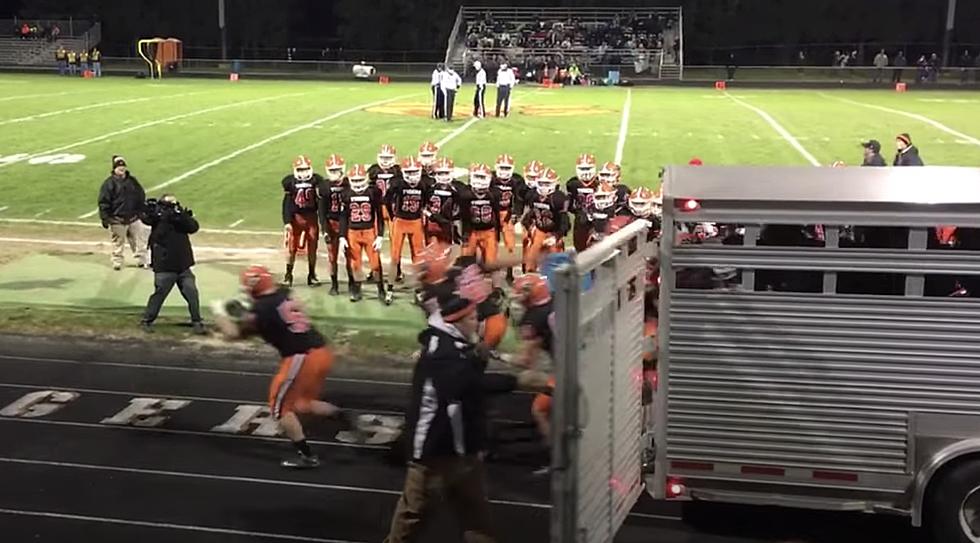
Mets’ Shortstop Wilmer Flores Cries on Field After Hearing He Was Traded on Twitter
On Wednesday night, the dark side of Twitter reared its ugly head. News broke on the social media platform of a trade: the New York Mets would be sending shortstop Wilmer Flores and pitcher Zack Wheeler to the Milwaukee Brewers for centerfielder Carlos Gomez.
Except there was no deal. The players may have been agreed upon, but nothing was finalized. The trade still required a medical review for all players involved, and ultimately a medical review is what stalled the deal. The Mets backed out over concerns for Gomez's bum hip.
News of the "done deal" broke in the third inning. Not long after, every fan in the stadium seemed to know about it -- and they let Flores know. He even got a standing ovation when he came to bat in the seventh inning. As he ran out to shortstop for the eighth, it was clear he was fighting off tears.
Mets' management looked heartless by letting a crying Flores remain in the game at SS. Fans were not happy that the Mets left him in while being visibly shaken by the news:
Mets Manager Terry Collins spoke on the fiasco in his post-game press conference. "This kid comes off the field and he hears he's traded," he said. "I don't know what's going on, but you got a game to play. Let's go play baseball. This is part of the business."
Collins defended Flores, saying, "You think these guys are stone-cold robots? They're not. They're human beings with emotions."
When Collins heard that Flores was crying, he said, "Why?" They responded he's been traded. "To where? For what?"
It's crazy to think that Twitter is more informed about a team's inner workings than a team's own manager is, but that's what it seemed like last night.
Fox Sports Ken Rosenthal broke down his thoughts on Twitter and Sports Journalism Thursday morning. "A 140-character tweet offers little room for context, but I’m not sure context was the initial problem Wednesday night; the problem was more of portrayal, of creating an opportunity for misinterpretation," he said. "The information had to be specific, had to include the necessary caveat. And once the Twitter wheel began to spin, too many reports did not."
Twitter is often a snowball that is rolling down a very steep hill. This Mets/Brewers situation is a prime example. The only deadline anymore is ASAP. With newspapers or magazines, there was time to decompress or fact check, but in the Twitter era if you are not first on a story, you are last.
There are definite downsides to this, but Rosenthal thinks it leads to sharper coverage in the end. "The trade agreement Wednesday night was news." Rosenthal said. "The collapse of the deal was news. This is the world we live in today; Twitter provides the opportunity for journalists to give almost a minute-by-minute account of events as they transpire."
Twitter is here to stay and there is a deluge of information to be had from it. This just serves as a reminder to not immediately believe everything you hear. Give it an hour. If it's still on Twitter an hour later, it might just be true. Might.
More From WGBFAM





![Indiana Coach Goes Viral for Twitter Faux Pas – Handles It Like a Champ [Listen]](http://townsquare.media/site/782/files/2022/02/attachment-Wargel-Trout-featured.jpg?w=980&q=75)



